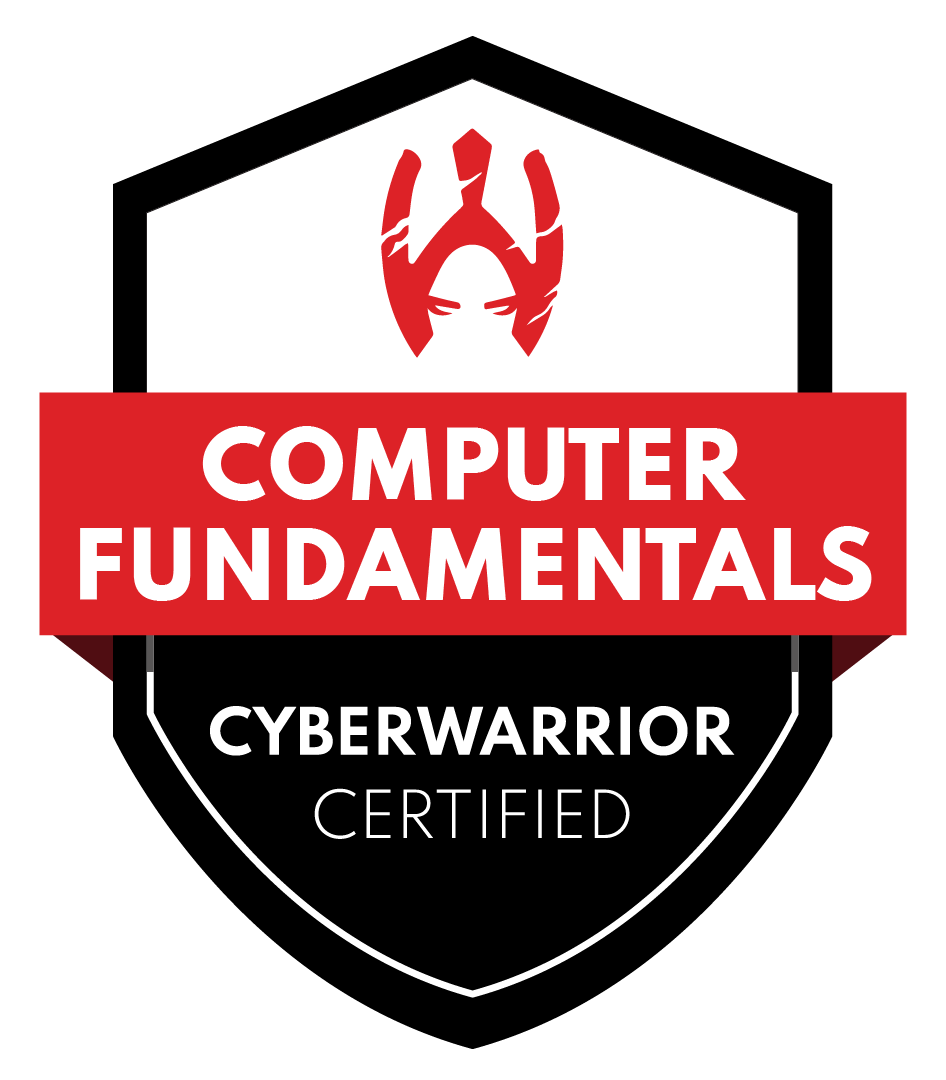What will you learn in this course?
You will learn the basic concepts about databases, how they work and how relationships are made in databases, how they are used and how queries benefit us.

This "Introduction to Databases" course is designed to provide students with a solid understanding of fundamental database concepts, their design, and their use in real-world applications. Students will learn the basic concepts of relational databases, including creating tables, inserting and updating data, queries, and data manipulation with the SQL language. Advanced concepts such as database normalization, performance, and security will also be covered.
Students interested in this course should have a solid understanding of basic computer science concepts and programming in a language, such as Java or Python. They are also expected to have basic knowledge of mathematics, such as algebra and statistics. No previous database experience is necessary, although it is recommended to have worked with spreadsheets and have a basic understanding of how data is organized
The basic requirements to take this course include having computer knowledge at a user level, the ability to work with operating systems such as Windows or Linux, and skills in handling office automation programs such as Excel. No prior database experience is required, but a basic understanding of logic and algorithms is recommended. In addition, students are expected to have a proactive attitude, a willingness to investigate, and the ability to work in a team. It is important to note that the course is aimed at anyone interested in the world of databases, either for their application in the workplace or for their personal development.
You will learn the basic concepts about databases, how they work and how relationships are made in databases, how they are used and how queries benefit us.
Approximately 2 hours of theoretical, practical and interactive content.
